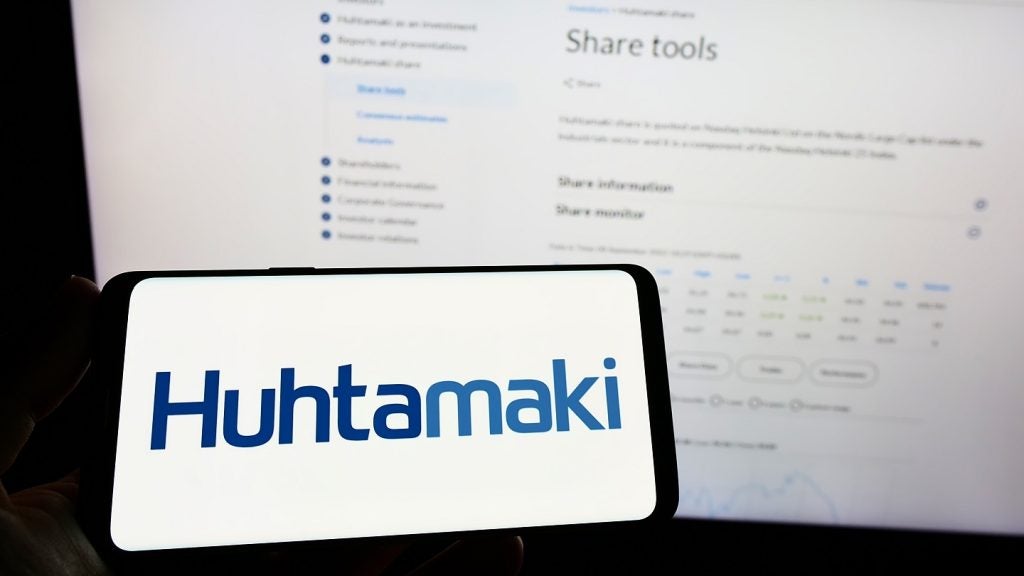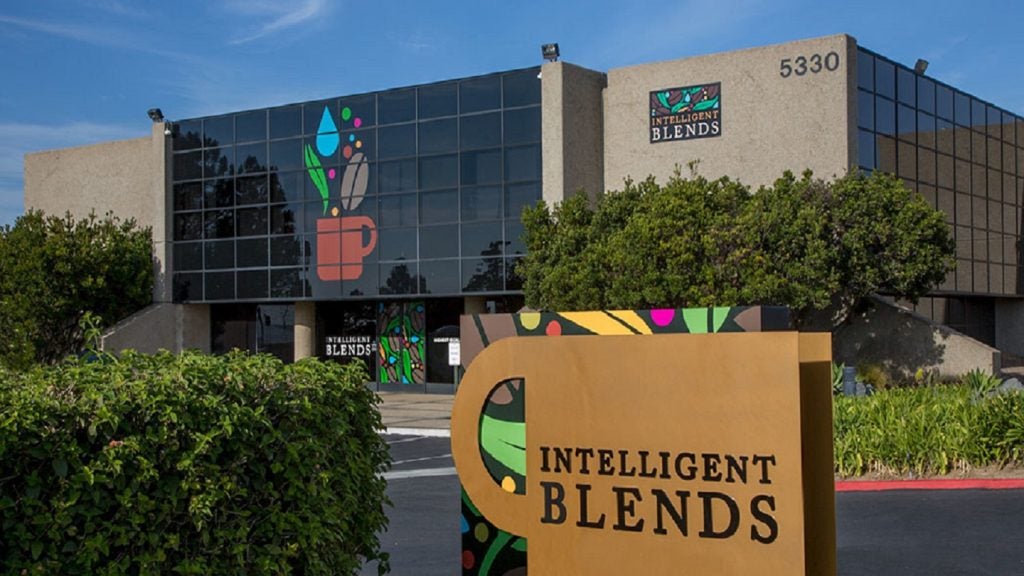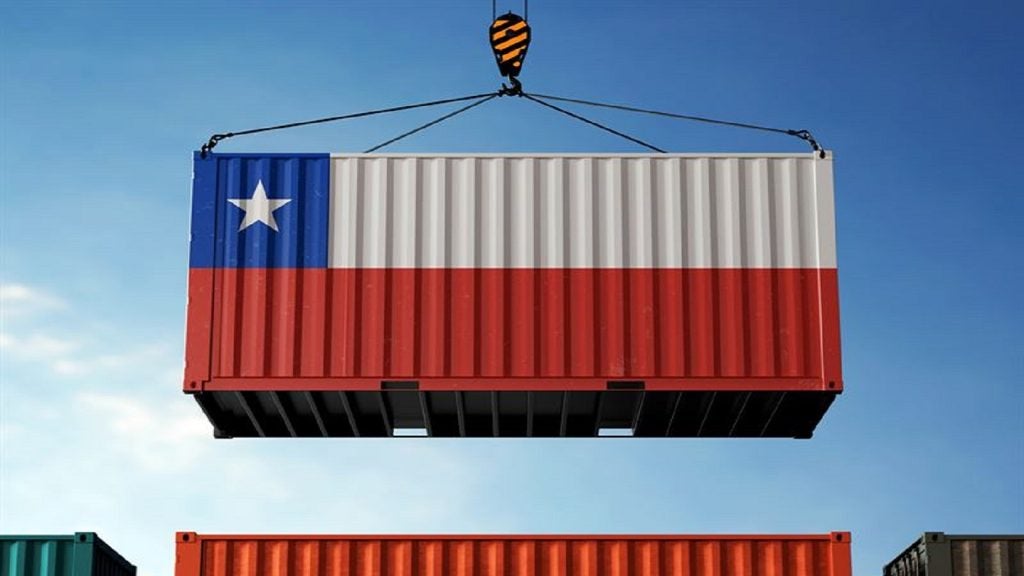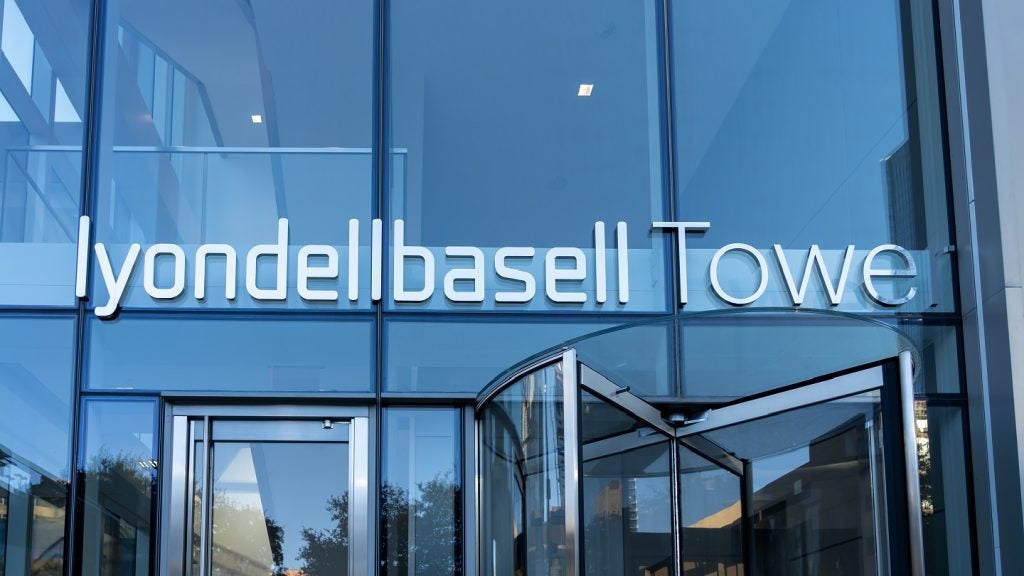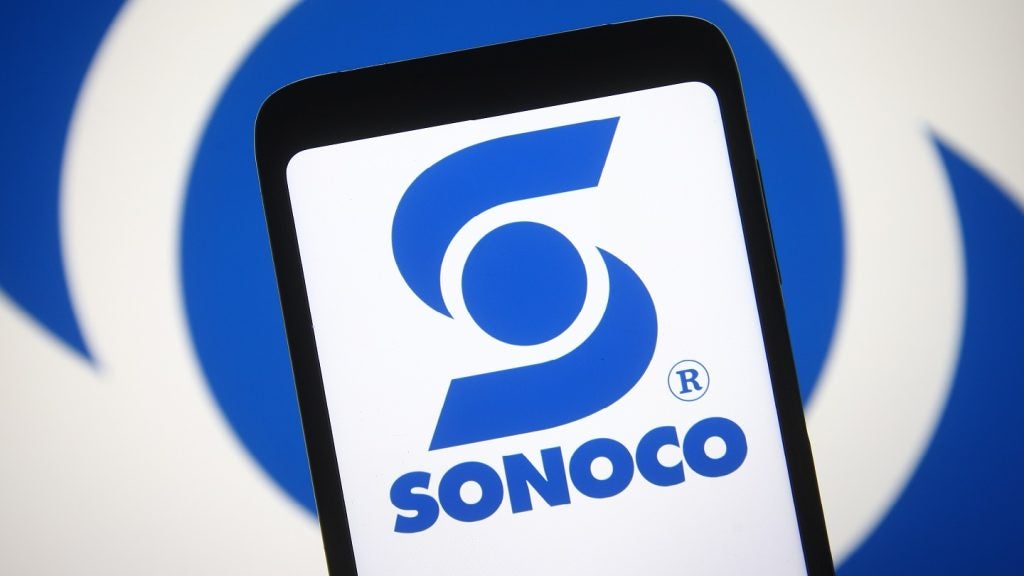The regulatory landscape around packaging in France has undergone transformative changes in recent years.
Three key legislative pieces—the AGEC Law, Packaging Law, and European Packaging and Packaging Waste Regulation (PPWR)—aim to curb waste and foster a circular economy.
As France pursues its ambitious goal to phase out single-use plastics by 2040, companies are navigating stricter rules to align with sustainability.
AGEC Law: setting the stage for a circular economy
Enacted in 2021, the French AGEC Law (Anti-Waste for a Circular Economy) laid the groundwork for sustainable packaging by introducing comprehensive measures for reducing environmental impact.
This law mandates a phase-out of single-use plastic packaging by 2040 and encourages using recyclable or compostable materials.
Businesses must contribute financially through an Extended Producer Responsibility (EPR) scheme, effectively placing the onus of environmental stewardship on those introducing packaging into the marketplace.
One standout feature is the 3R Decree (Reduce, Reuse, Recycle), a strategic plan that outlines goals for plastic reduction.
By 2025, 20% of single-use plastic packaging must be reduced, with half of this reduction achieved through reusable or recyclable solutions.
This shift reflects a response to consumer demand: a CITEO study found that 70% of French consumers prefer unpackaged fruits and vegetables, underscoring a broad public appetite for less packaging.
The Packaging Law: expanding on waste reduction
In 2022, the French Packaging Law was introduced to strengthen the AGEC Law’s efforts against waste.
This legislation requires businesses to minimise the weight and volume of packaging, enhance its recyclability, and transparently inform consumers about environmental impact.
This aligns with EU-wide goals to achieve 100% recyclable packaging by 2030, reducing waste and supporting eco-friendly product life cycles.
The law also addresses consumer concerns, mandating that large and medium-sized retailers designate 20% of sales areas to bulk sales by 2030.
Additionally, glass packaging is making a comeback, with a renewed emphasis on reusing glass containers—a step that aligns with traditional French practices and reinforces sustainable packaging.
PPWR: a harmonised European framework
The EU’s Packaging and Packaging Waste Regulation (PPWR), which came into force in February 2024, aims to standardise packaging requirements across member states.
This regulation not only sets a 100% recyclability target for packaging by 2030 but also mandates reducing packaging volume and eliminating certain single-use items.
This harmonised approach simplifies compliance for companies operating across Europe, creating consistency in recycling and reducing excessive packaging.
For logistics providers, like 3PLs (third-party logistics companies), this regulatory shift presents both challenges and opportunities.
Many have adopted sustainable solutions to help clients meet these standards, such as optimising space in parcels and offering reusable packaging.
Packaging that can be recycled easily and contributes to circularity is increasingly in demand, which 3PLs and businesses can leverage to reduce their environmental impact and appeal to eco-conscious consumers.
Embracing a sustainable future in packaging
France’s packaging laws highlight a growing commitment to sustainability and align with evolving consumer preferences for eco-friendly products.
Businesses in France, particularly those in packaging and logistics, can see these changes not only as compliance requirements but as a chance to adopt sustainable practices that are increasingly valued by the market.
Through innovative approaches and transparent communication, companies can meet regulatory demands while reinforcing their commitment to environmental responsibility.
By embracing these new packaging regulations, businesses position themselves at the forefront of an economy that prioritises sustainability and circularity.




